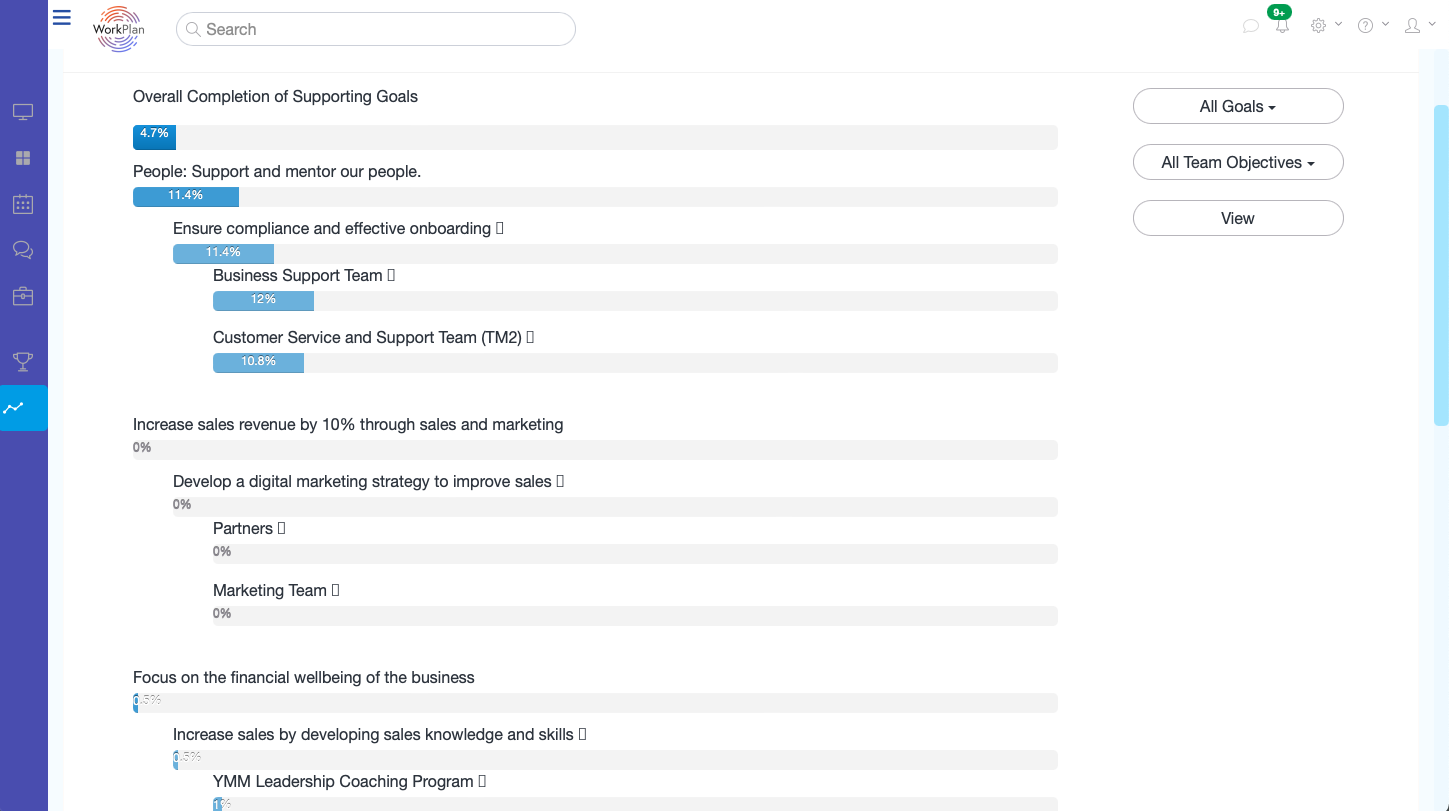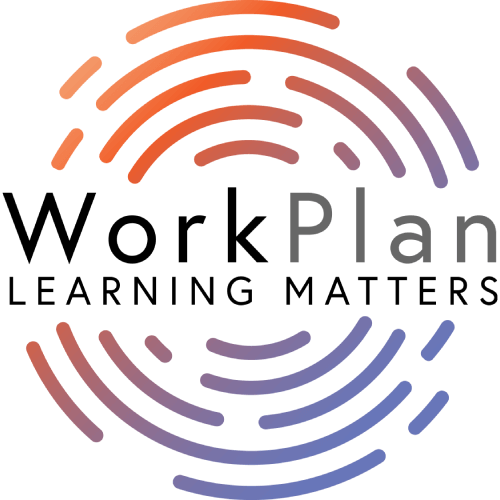We are changing the way people engage with learning in organisations. I have had so much experience working with project teams implementing learning management systems that were aligned with these very common business requirements:
- Manage competencies
- Address competency gaps
- Ensure qualifications and competencies are kept up to date
- Reduce the risk of liabilities related to workplace safety
The standard LMS has served these purposes well and may continue to do so. However, organisations and their people need far more in their learning experiences to reach the capability, culture and engagement necessary to adapt and thrive. More times than I can count, the LMS was never considered a strategic enabler. Leadership teams adopted the LMS as a necessary tool to manage compliance more than to build a learning culture that supports improvements in engagement, innovation, culture and productivity. Effective leaders clearly understand how learning is a key cultural and operational element, and competitive advantage is achieved through people completing work that drives strategy execution.

An example of WorkPlan Learning’s analytics shows learning progress against strategic goals and team objectives.
WorkPlan Learning connects learning and development with strategic objectives and team goals, offering users a clear understanding of how their skills and knowledge impact business success. By aligning learning with business strategy, WorkPlan Learning enables managers and leaders to track their team’s capabilities, fostering engagement and ensuring that learning is always aligned with organisational goals.
We are changing this outdated model of learning management systems, both in functionality and how they are used within organisations. Traditional LMSs are complicated and require too much administration. We get the tech out of the way of achieving results. Our team is adamant that learning should be core to an organisation’s strategy to grow and remain competitive. We believe learning must be linked to the organisation’s strategic goals and cascaded to team objectives. With WorkPlan Learning, people understand why they are engaging in learning as well as being encouraged to contribute their ideas, skills and knowledge to share with others.
WorkPlan Learning will be a central part of the organisation’s focus on building value. The LMS platform supports capturing your valuable intellectual property for sharing both internally as well as outside to customers, prospects and others. Some of our clients are going further and leveraging their intellectual property by selling access to it using our e-commerce tool.
Investing in your people is good business sense. With WorkPlan Learning, you invest in your people and give your business a platform to achieve strategic goals, boost engagement, and achieve a thriving culture.
ALSO READ: Strategy Without Learning is Flawed
Request a WorkPlan Learning Demo
If you want to give WorkPlan Learning a try, and see how it can help transform your business, apply now for a free trial. Prefer to have our team show you the ropes? Request a demo.
Related Articles
Are you ready to take your business to another level?
Contact us today
Head Office
1300 726 708
+61 7 3220 2229
Melbourne Office
+61 3 9752 5651
In the spirit of reconciliation WorkPlan acknowledges the Traditional Custodians of country throughout Australia and their connections to land, sea and community. We pay our respect to their Elders past and present and extend that respect to all Aboriginal and Torres Strait Islander peoples.



